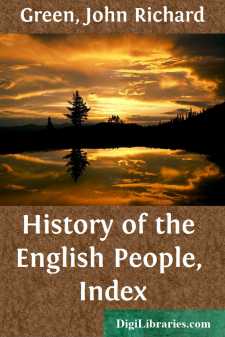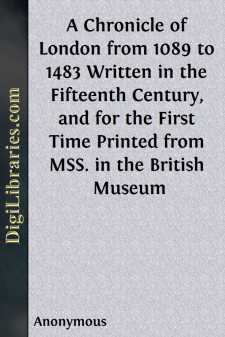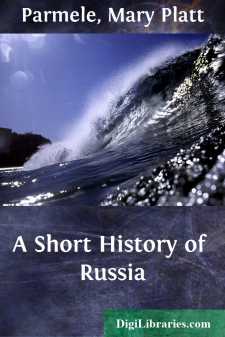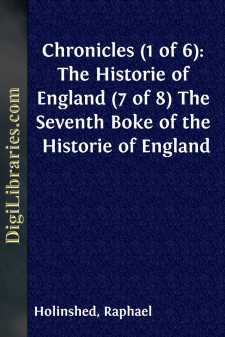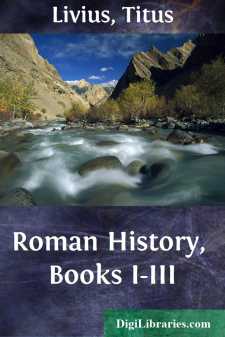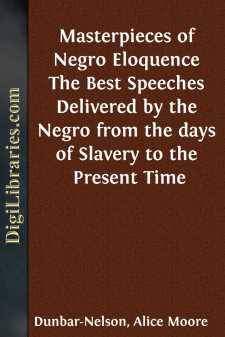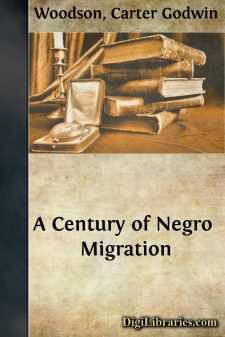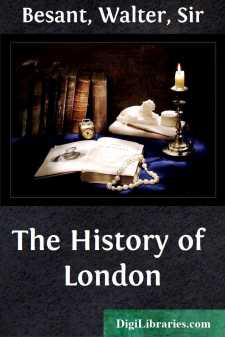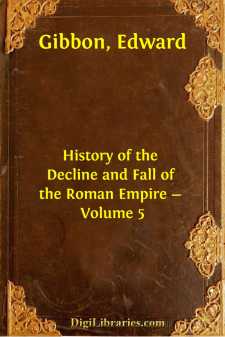Categories
- Antiques & Collectibles 13
- Architecture 36
- Art 48
- Bibles 22
- Biography & Autobiography 813
- Body, Mind & Spirit 142
- Business & Economics 28
- Children's Books 17
- Children's Fiction 14
- Computers 4
- Cooking 94
- Crafts & Hobbies 4
- Drama 346
- Education 46
- Family & Relationships 57
- Fiction 11829
- Games 19
- Gardening 17
- Health & Fitness 34
- History 1377
- House & Home 1
- Humor 147
- Juvenile Fiction 1873
- Juvenile Nonfiction 202
- Language Arts & Disciplines 88
- Law 16
- Literary Collections 686
- Literary Criticism 179
- Mathematics 13
- Medical 41
- Music 40
- Nature 179
- Non-Classifiable 1768
- Performing Arts 7
- Periodicals 1453
- Philosophy 64
- Photography 2
- Poetry 896
- Political Science 203
- Psychology 42
- Reference 154
- Religion 513
- Science 126
- Self-Help 84
- Social Science 81
- Sports & Recreation 34
- Study Aids 3
- Technology & Engineering 59
- Transportation 23
- Travel 463
- True Crime 29
History of the English People, Volume IV
Description:
Excerpt
- CHAPTER I
- THE PROTESTANT REVOLUTION
- 1540-1553
Cromwell and the Monarchy.
At the death of Cromwell the success of his policy was complete. The Monarchy had reached the height of its power. The old liberties of England lay prostrate at the feet of the king. The Lords were cowed and spiritless; the House of Commons was filled with the creatures of the Court and degraded into an engine of tyranny. Royal proclamations were taking the place of parliamentary legislation; royal benevolences were encroaching more and more on the right of parliamentary taxation. Justice was prostituted in the ordinary courts to the royal will, while the boundless and arbitrary powers of the royal Council were gradually superseding the slower processes of the Common Law. The religious changes had thrown an almost sacred character over the "majesty" of the king. Henry was the Head of the Church. From the primate to the meanest deacon every minister of it derived from him his sole right to exercise spiritual powers. The voice of its preachers was the echo of his will. He alone could define orthodoxy or declare heresy. The forms of its worship and belief were changed and rechanged at the royal caprice. Half of its wealth went to swell the royal treasury, and the other half lay at the king's mercy. It was this unprecedented concentration of all power in the hands of a single man that overawed the imagination of Henry's subjects. He was regarded as something high above the laws which govern common men. The voices of statesmen and priests extolled his wisdom and authority as more than human. The Parliament itself rose and bowed to the vacant throne when his name was mentioned. An absolute devotion to his person replaced the old loyalty to the law. When the Primate of the English Church described the chief merit of Cromwell, it was by asserting that he loved the king "no less than he loved God."
Cromwell and the Parliament.
It was indeed Cromwell who more than any man had reared this fabric of king-worship. But he had hardly reared it when it began to give way. The very success of his measures indeed brought about the ruin of his policy. One of the most striking features of Cromwell's system had been his developement of parliamentary action. The great assembly which the Monarchy had dreaded and silenced from the days of Edward the Fourth to the days of Wolsey had been called to the front again at the Cardinal's fall. Proud of his popularity, and conscious of his people's sympathy with him in his protest against a foreign jurisdiction, Henry set aside the policy of the Crown to deal a heavier blow at the Papacy. Both the parties represented in the ministry that followed Wolsey welcomed the change, for the nobles represented by Norfolk and the men of the New Learning represented by More regarded Parliament with the same favour. More indeed in significant though almost exaggerated phrases set its omnipotence face to face with the growing despotism of the Crown. The policy of Cromwell fell in with this revival of the two Houses....



